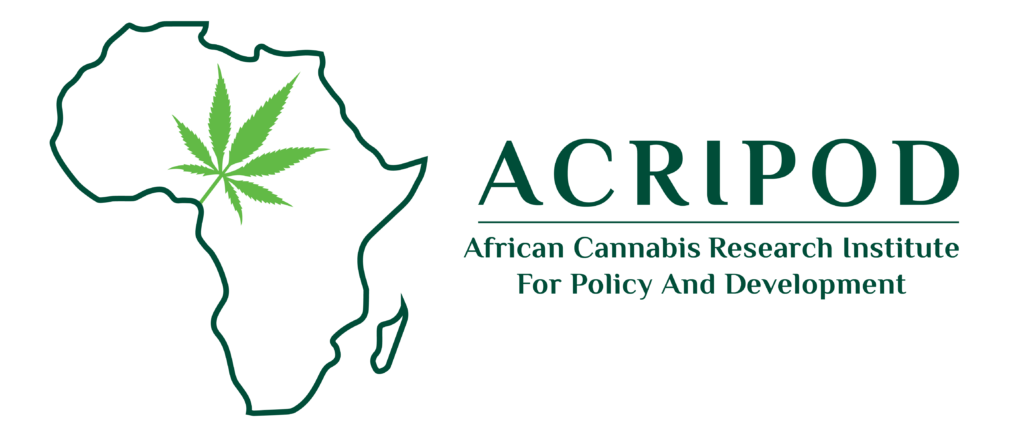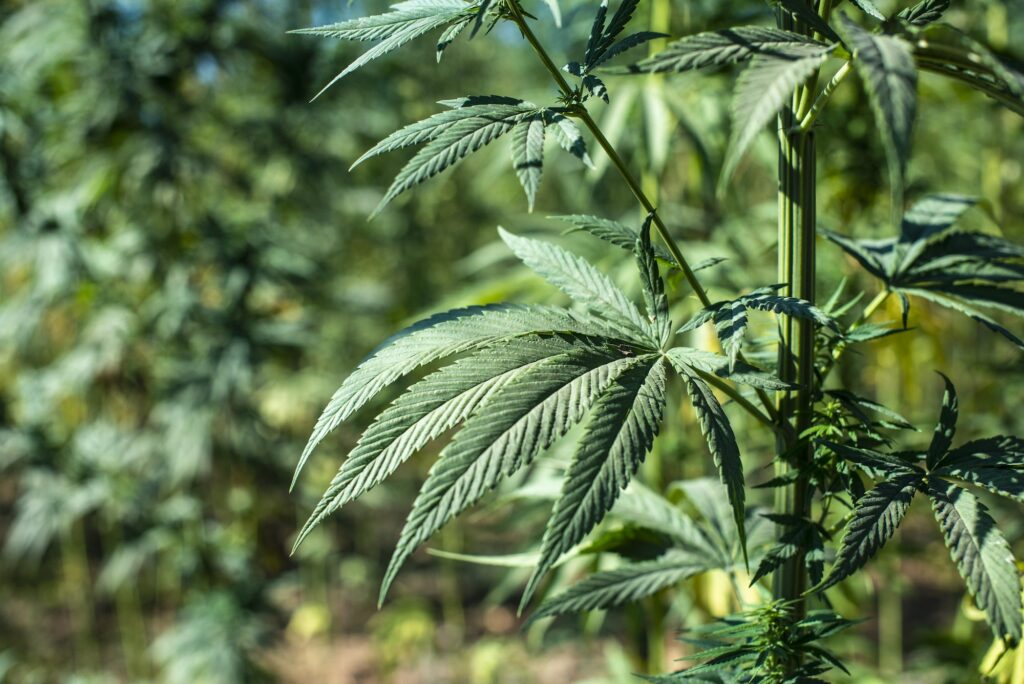Setting the Context
Although cannabis has become more mainstream in the public discourse, the story about its legal status does not end here. Extending the conversation into a more balanced view to achieve a common ground in medicine, industry, and development has remained a policy dilemma. Instead, the past decades have recorded misleading public rhetoric, which affected the degree of acceptance, safety concerns, and expectations around controlled usage and regulated legalization.
Despite existing scientific evidence, African societies still perceive cannabis as dangerous, which makes people mad. Others even believe it is a gateway drug to other harmful substances. These (un)popular narratives and biased public opinions have played a key role in influencing society’s acceptance or rejection of cannabis, which largely influenced the policy landscape – prohibit, decriminalize, or legalize with regulations in place. That notwithstanding, there is a significant gap in what society knows about cannabis. Also, whether there is a strong link between cannabis use and human well-being has remained a research dilemma due to the legal dents on existing empirical evidence. These concerns have widened the gap between perception and evidence-based knowledge to inform policy processes. This blog unpacks some facts about cannabis from a purely objective and rigorous scientific perspective with a focus on the current policy landscape in Africa.
The Role of Cannabis in Medicine
The health benefits of medical cannabis have been debated widely at the individual, societal, and global policy playgrounds. However, these arguments are anecdotal with little scientific underpinnings. While some schools of thought project cannabis as a gateway drug to the infernal realm, others provide a counter verdict based on real-time practical experience from well-informed and educated users for health reasons.
In a study conducted in 2020, a respondent accounted that:
“When I first took two mouth-full sips of a bottle of juice made of cannabis and fruits, that night, 45 minutes after I took the juice, I could feel a burden lifted off my skull, a movement through my spines deep down to the tips of my toes […] my entire system reconfigured back to normal with my level of productivity on another degree without the feel of any stress. This lasted for a week before returning to another sip. What I realized was that, cannabis did not only cure my migraine, but also, it reset my entire body and mental faculty to a relatively normal state while increasing my happiness and pleasure levels. It is important to note that, given the relatively higher THC strain in the juice, I felt a bit intoxicated but this is manageable as I was able to go about my usual activities.”
While some schools of thought project cannabis as a gateway drug to the infernal realm, this study provides a counter verdict based on real-time practical experience from a well-informed and educated user. In effect, medical cannabis has numerous health benefits for a series of underlying human health conditions. That notwithstanding, the unending controversy over the growing use of medical cannabis has garnered attention within the research fields of public health, psychiatry and social welfare with little on the economic implications.
The Industrial Benefits
Another study highlighted that, in the industrial sector, the role of cannabis cannot be overemphasized. This has led to its demand in the pharmaceutical, clothing, fibre, paper, pulp and oil among other industries.
In the paper industry, cannabis has been found to be the most efficient raw material with the highest quality. An acre of cannabis can produce as much paper equivalent to three acres of a normal paper-producing tree. Additionally, paper made from cannabis will last up to 150 years before crumbling compared to paper from normal trees. Above all, whenever “a paper made of cannabis is torn or wet, all one needs to do is set the damp pieces the way they should be and let them dry” (Luginbuhl, 2001).
Between 2008 and 2009, the government of Pakistan invested about $9 billion to import energy after the country experienced a severe economic downturn due to insufficient power supply. After realizing the potential benefits of cannabis as a form of energy supply – biofuel energy with little or no adverse environmental implications, Pakistan resorted to this approach. This was a breakthrough and provided an alternative power supply for the country. It has also saved the country’s fortunes from importing energy while ensuring a clean and sustainable supply to restore the issue of climate change (Rehman et al., 2013). Thus, cannabis has a transformative edge and is a scalable opportunity for individuals, cooperatives, communities, and the economy of Africa at large.
The net profit of an acre of cannabis in the USA is $1, 200 compared to $400 from cotton, $350 from corn and $250 from soybean with even higher net profits made from cannabis oil (Forbes, 2019).
The Legal Landscape in Africa
The historical perspective of cannabis legalization for either medicinal, recreational, or industrial purposes dates back to the 1300s. While the legal status varies across countries globally, the common systems governing cannabis are the United Nations Single Convention on Narcotic Drugs, the Convention on Psychotropic Substances and the Convention against Illicit Traffic in Narcotic Drugs and Psychotropic Substances ratified by countries in 1961, 1971 and 1988 respectively. In Africa, Comoros is one of the first to legalize cannabis use in 1975 while Lesotho granted the first ever 21st-century Africa medical cannabis license in the continent. Malawi, Zimbabwe, and Zambia also legalized it for medical and scientific purposes with South Africa decriminalizing it. Ghana is the next country in Africa to have joined the moving vehicle of regulated cannabis legalization for medical and industrial purposes after several calls and debates for its legal status.
Why ACRIPOD The African Cannabis Research Institute for Policy and Development (ACRIPOD) seeks to provide a hybrid and holistic approach to practical, context-driven research that addresses needs within the cannabis policy landscape. Our response to the call to situate the African cannabis policy regime seeks to serve as the pillar between research, theory, policy, and practice to yield the maximum benefit while minimizing all associated costs through robust regulatory frameworks in the continent.

